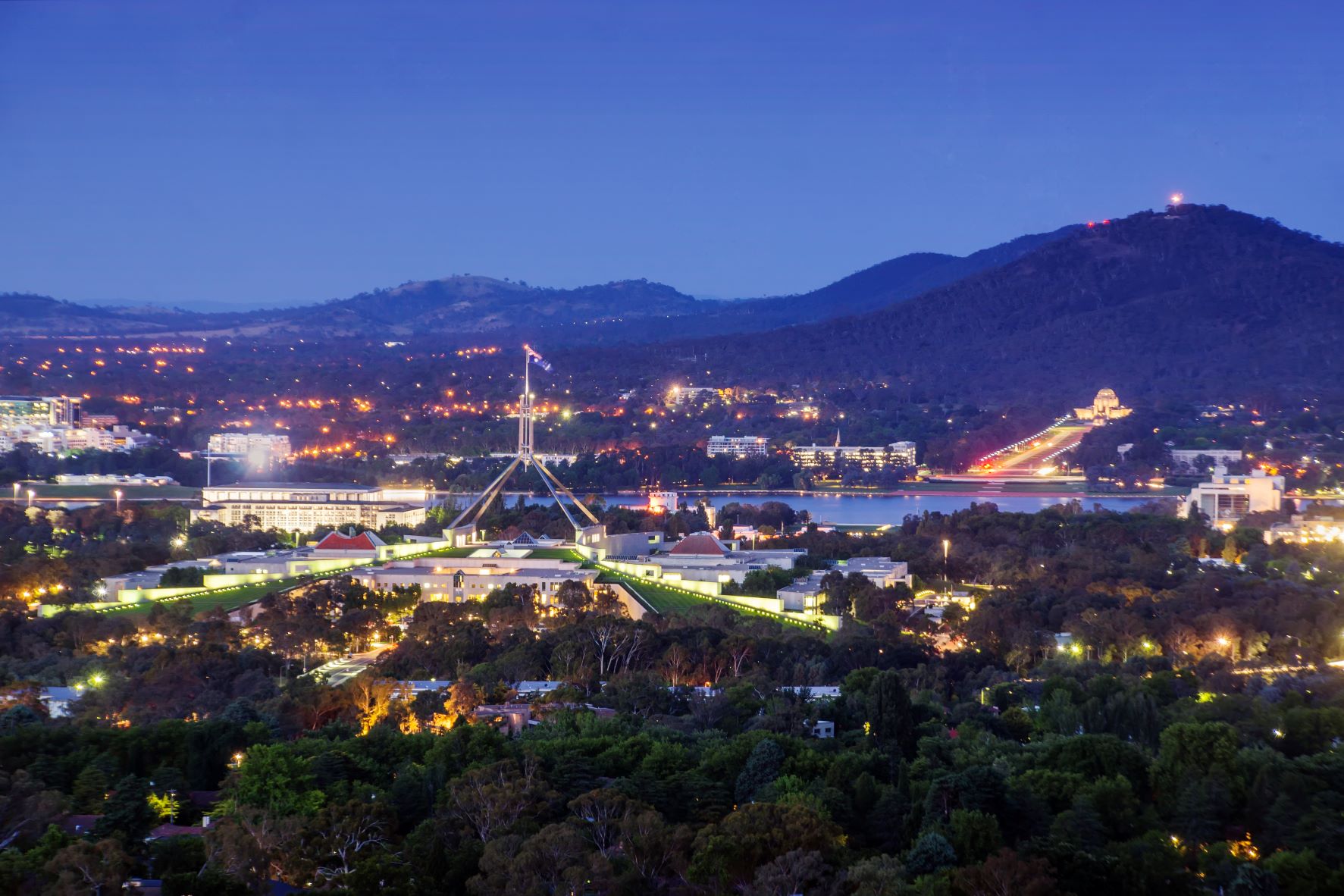Ahh, sleep. Glorious sleep. We all need it for our mind and bodies to recharge in order to tackle another day, but does where you live affect your ability to get a good night’s kip?
Apparently, Canberrans should have no trouble getting our recommended eight hours, as Australia’s national capital has been ranked the best city in the world to get a good night’s sleep. (Some detractors would argue that Canberra is so boring after dark, sleep is the best option.)
Here are the top five ranked cities:
1. Canberra, Australia

Taking out the top spot as the best city to get a good night’s sleep goes to little ol’ Canberra, with the lowest levels of night lights and noise pollution. Scoring 80.82 out of 100, the air quality in the ACT is also the third-best in the world, beaten by only Wellington in New Zealand and Bern in Switzerland.
2. Vienna, Austria

Austria’s capital city, Vienna, is bustling with culture and beauty, and is the second-best place in the world for an uninterrupted night’s sleep. It ranks within the top 10 cities for its low noise levels and is seventh highest in air quality. So, if you’re in Europe and want to get some valuable sleep, Vienna is the place to be.
3. Luxembourg

This small European nation is ranked third in this list for a host of reasons. Incredibly, only 7.6 per cent of Luxembourg residents work more than 48 hours per week! No wonder they can switch off to get a good night’s rest. It also has the sixth best air quality of all the locations listed.
4. Jerusalem, Israel

Jerusalem’s ideal temperature of a 19.2oC average boosts this holy city to the fourth best location in the world to sleep. Its humidity levels are also at an optimal level of 47 per cent.
5. Tokyo, Japan

With one of the world’s happiest populations of people, Tokyo sits as the fifth best city to get a good night’s sleep. Home of cherry blossoms and Harajuku, the city has one of the lowest search volumes for sleeping pills and the second-lowest population percentage of people with depression at 4.2 per cent.
How much sleep should we actually be getting?
A person sleeps for an average of six hours and 54 minutes, according to the study, but the time our body actually needs is a full eight hours. This means we are missing out on 66 minutes of rest every night, which quickly adds up.
If we were to calculate the average loss of sleep over various timeframes, this is what it would look like:
Time period Hours of sleep lost on average
1 night 1 hour 6 minutes
1 week 7 hours 42 minutes
1 month 33 hours
1 year 401 hours 30 minutes
5 years 2,008 hours 38 minutes
10 years 4,017 hours 12 minutes
20 years 8,035 hours 30 minutes
50 years 30,619 hours and 17.2 minutes
Becoming sleep deprived can be detrimental for your health, so try not to let yourself get into a pattern of late nights.
How much sleep do you usually get per night? Let us know in the comments below!
Canberra Daily would love to hear from you about a story idea in the Canberra and surrounding region. Click here to submit a news tip.



